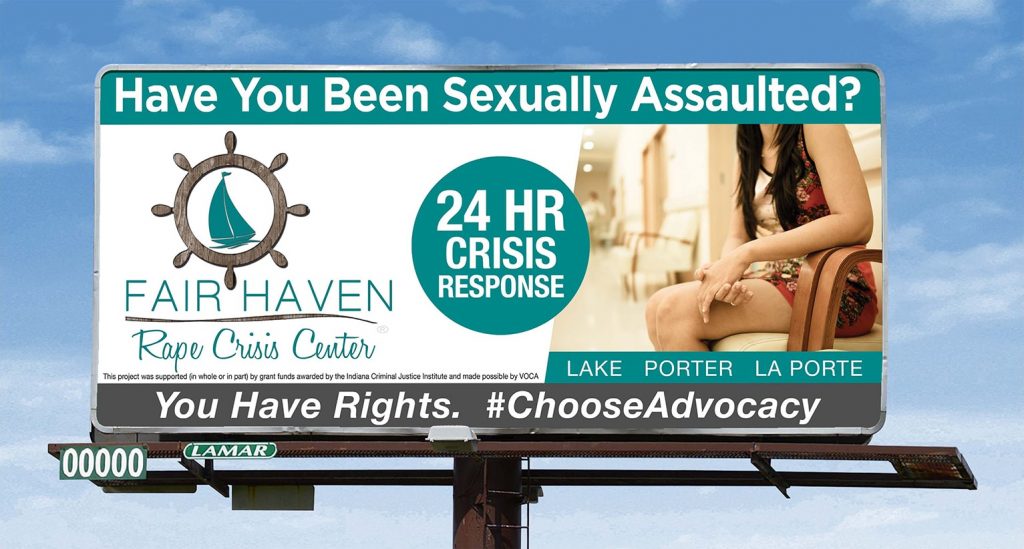Every survivor has the following rights whenever they are subject to a medical forensic examination (known as rape kit) or an interview by a law enforcement officer in relation to injuries, trauma, or an investigation resulting from an alleged sexual assault.
A survivor of sexual assault retains these rights regardless of whether they agree to participate in any civil or criminal proceeding related to the assault, and regardless of whether they consent to a medical examination (known as rape kit) to collect forensic evidence related to the alleged sexual assault.
These rights include:
- A survivor has the right to:
- Speak with a survivor advocate or survivor service provider during any hospital visit for the purpose of receiving a sexual assault examination; and
- Speak with a survivor advocate or survivor service provider during the course of the investigation.
- If a survivor advocate or service provider is not available, a survivor has the right to speak with survivor’s assistance or a social worker. A survivor retains these rights even if the survivor has waived one or more of these rights in a previous examination or interview.
- A survivor’s communications with a survivor advocate, service provider, survivor’s assistance, or a social worker are not admissible into evidence for any purpose except with consent of the victim.
- A provider shall provide forensic medical exams and additional forensic services to a survivor without charge.
- Before a provider commences a forensic medical examination, or as soon as possible, the provider shall:
- Give the survivor a written document about their rights, which has been developed by the state sexual assault response team, and shall be signed by the survivor to confirm receipt, unless the victim has already been provided with the document.
- Inform the survivor of their right to speak with a survivor advocate or service provider. If a one is not available, a survivor has the right to speak with survivor assistance or a social worker.
- Notify a survivor advocate or survivor service provider. If one is not available, the provider shall notify survivor assistance or a social worker.
- Before an interview with a survivor, a law enforcement officer shall:
- Give the survivor a written document about their rights, which has been developed by the state sexual assault response team, and shall be signed by the survivor to confirm receipt, unless the victim has already been provided with the document.
- Inform the survivor of their right to speak with a survivor advocate or service provider during the course of the investigation. If a one is not available, a survivor has the right to speak with survivor assistance or a social worker.









